Presentations
We are pleased to share insights from the experts regarding Alternative Futures.
- Nicky Dries: Imagining the (distant) future of work – presentation available
- Alex Fergnani: Foresight Biases, Aha Moments, and the Next Michael Porter – presentation available
- Ali Aslan Gümüsay: Desirable Futures in Organization and Management Theory – read more
- Mark Healy: Futures Thinking in Strategic Management: Taking Stock and Looking Forward – presentation available
- Quentin Ladetto: Technology Foresight – Paving the Way for Innovation – presentation available upon request; find contact information on https://deftech.ch/
- Ewa Lombard: Future Thinking: Insights from Neuroscience and Memory Studies – presentation available upon request
- Natalie Slawinski: How Entrepreneurial Energy Fuels Community Revitalization: A Process Model – presentation soon available
- Amanda Williams: Engaged Scholarship for Generative Impact – presentation available
Experts
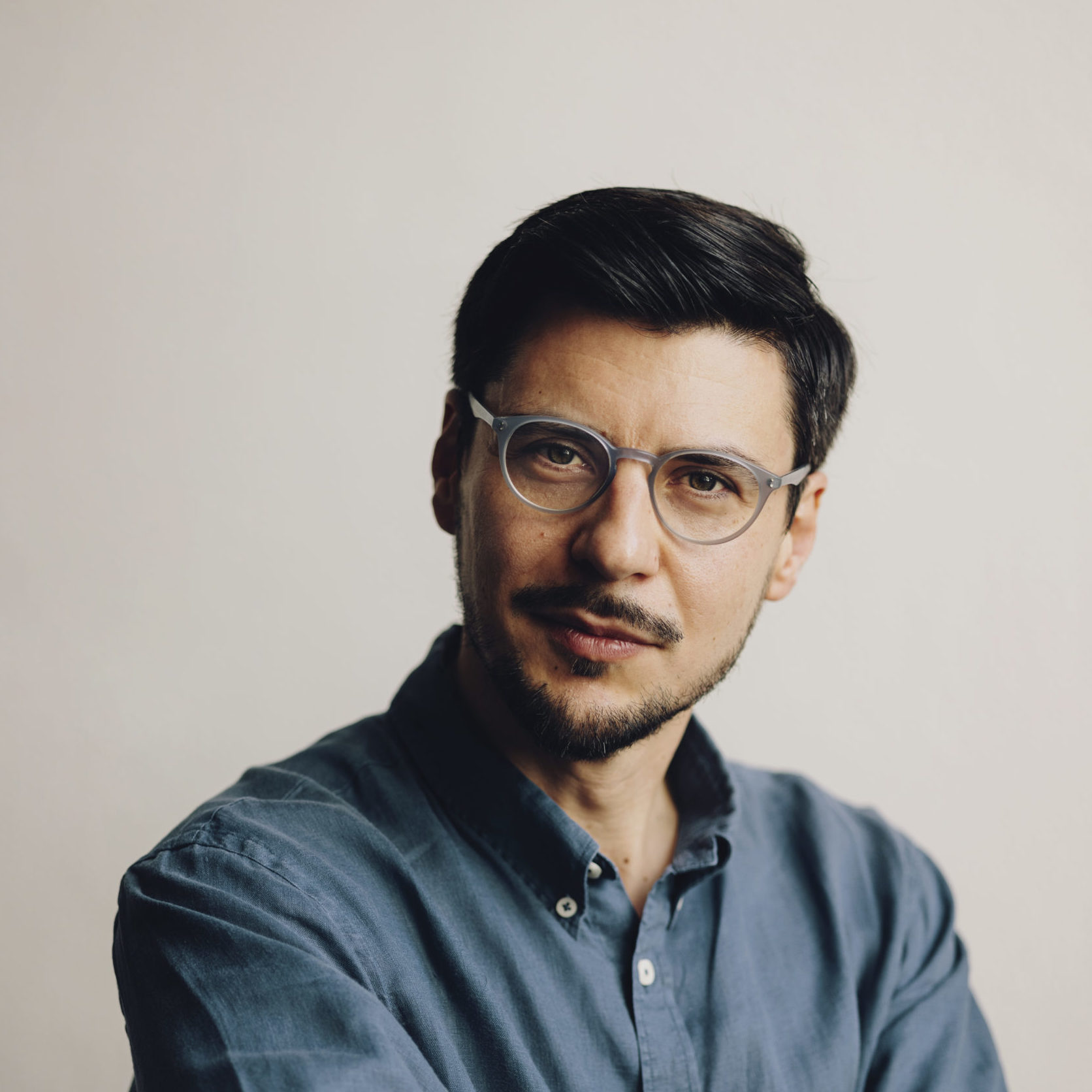
Ali Aslan Gümüşay
LMU Munich
Ali Aslan Gümüşay is professor of Innovation, Entrepreneurship & Sustainability at LMU Munich and head of research group Innovation, Entrepreneurship & Society at the Humboldt Institute for Internet & Society Berlin. His research focuses on (1) values, meaning and hybridity in entrepreneurship, (2) grand challenges, sustainability and new forms of organizing, (3) digitalization, management and innovation as well as (4) impact, scholarship and futures. It has been published in outlets such as Academy of Management Journal, Journal of Management Studies, Organization Theory, and Research Policy.
Prior, Prof. Gümüşay was a Visiting Research Fellow at Judge Business School, University of Cambridge, a senior researcher at the University of Hamburg, a research fellow at Vienna University of Economics & Business, the principal investigator of the DFG network “Grand Challenges & New Forms of Organizing”, and a DAAD Prime Fellow. He received his doctorate from the University of Oxford, where he also worked as a Lecturer in Management at Magdalen College, University of Oxford. Before his DPhil from Saïd Business School, he was a consultant with the Boston Consulting Group.
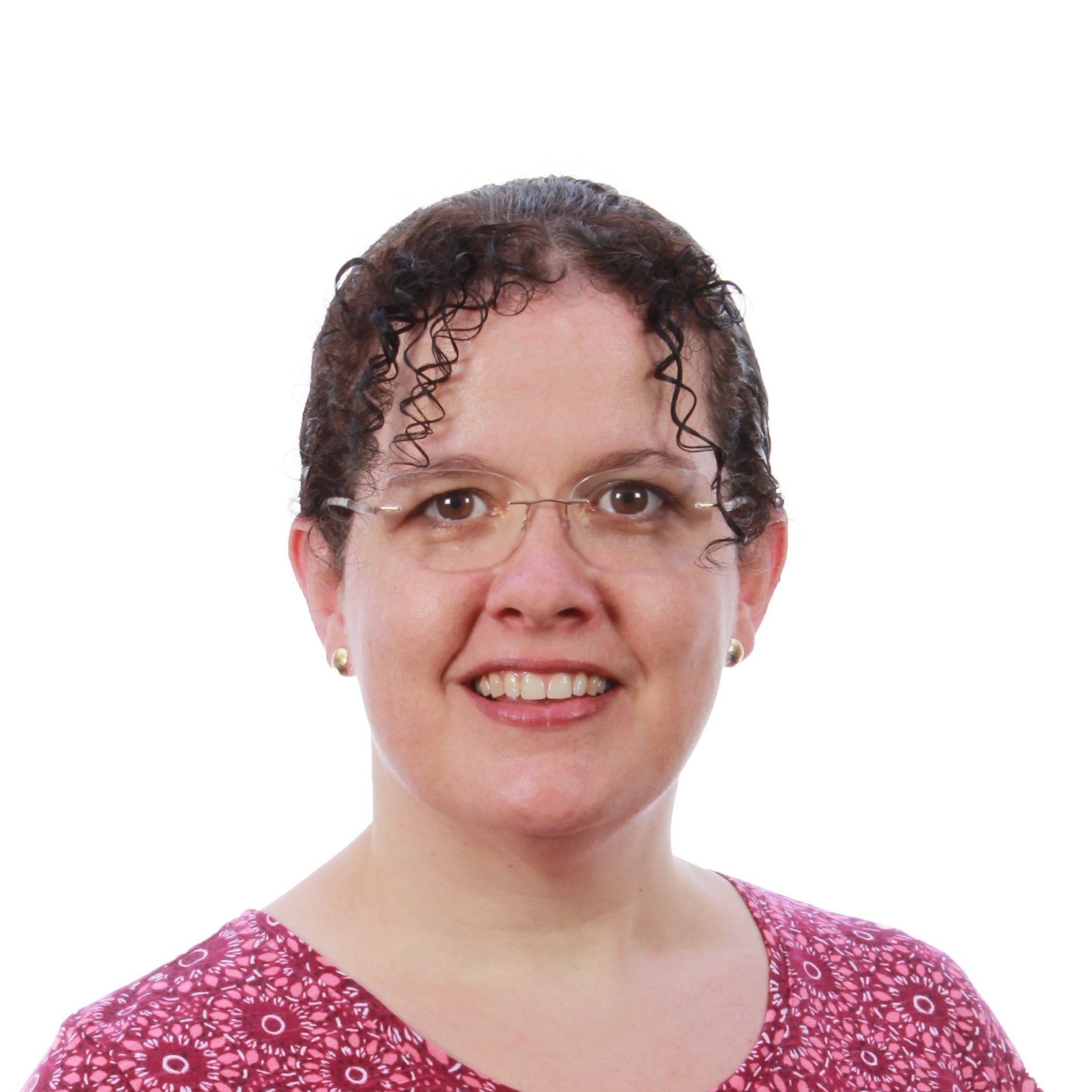
Estefania Amer
University of Lausanne
Estefania Amer is a senior lecturer and researcher at HEC Lausanne. Her research interests are in the areas of the integration of sustainability into business practices, corporate reputation, stakeholder integration, and the key competencies in sustainability that managers need to tackle sustainability challenges, including the futures thinking or anticipatory competency. She has published in Business&Society, Journal of International Management, and Strategic Organization. She is also an expert in the integration of sustainability in education, the Head of Education at HEC Lausanne’s Grand Challenges Research Center, and a member of the Education Division at the Competence Centre in Sustainability (University of Lausanne).

Nicky Dries
KU Leuven
Nicky Dries is Professor of Organizational Behavior at KU Leuven (department of Work & Organisation Studies) and at BI Norwegian Business School in Oslo (department of Leadership & Organizational Behaviour). In Leuven, she runs the Future of Work Lab within the Faculty of Economics, that studies social imaginaries for the future. Nicky is an industrial/organizational psychologist by training; attached to the Future of Work lab she collaborates with a business economist (Philip Rogiers), a historian (Joost Luyckx), and a cultural studies major (Max Bogaert). Their research builds on methods aimed at triggering people’s imagination about the future, using media analysis, robotic art and design, virtual reality, and science-fiction movies. The mission of the Lab is to re-politicize the future of work, and stimulate democratic debate.
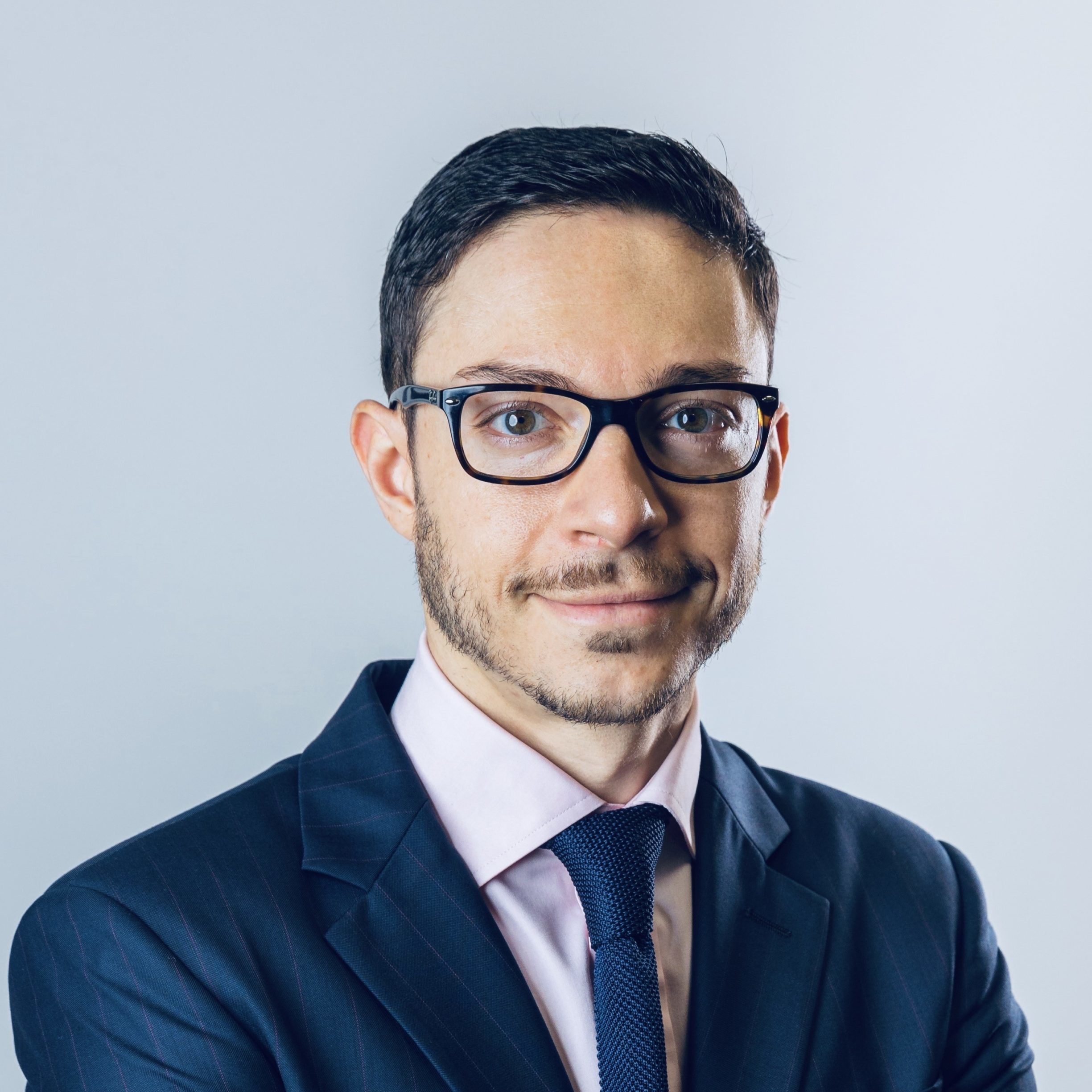
Alex Fergnani
Higher Colleges of Technology
Alex is a (strategic) foresight researcher and executive educator. He currently serves as Senior Lecturer (Associate Professor) of Business Administration at Higher Colleges of Technology, Abu Dhabi. He obtained his Ph.D. in Management and Organization (focus: corporate foresight) at NUS Business School. He conducts research on corporate foresight, corporate strategy, and foresight theories and methods. Thanks to his contribution to the field of organizational foresight, he was awarded numerous awards, including the President fellowship by the Singapore government, the Fetzer scholarship by the Academy of Management, and a honorary research fellowship by Strathclyde Business School. His research has been published in the journals Academy of Management Perspectives, Harvard Business Review, European Business Review, Futures, Futures & Foresight Science, Foresight, and World Futures Review, among other outlets. Alex regularly gives foresight workshops globally and has advised and trained dozens of public and private organizations on their foresight capabilities. Topics of expertise include scenario planning, foresight methodology, strategic management, metamodernism and philosophy of science.

Mark Healey
Alliance Manchester Business School
Mark Healey is Professor of Strategic Management and Head of the Innovation Management and Policy Division at Alliance Manchester Business School, University of Manchester, UK. His research focuses on managerial and organizational cognition, particularly the role of cognition and emotion in strategic adaptation. Mark’s research has appeared in some of the world’s leading management journals, including Academy of Management Journal, Academy of Management Review and Strategic Management Journal. His research has featured regularly in the business press, including The Financial Times, Forbes, and Harvard Business Review. He has advised senior leaders and executive teams in various sectors, from financial services to advanced manufacturing, on the challenges of thinking and acting strategically in a changing world. He is an Associate Editor of the Journal of Management Studies and has served on the editorial boards of other leading journals, winning several awards for his services to the scholarly community.
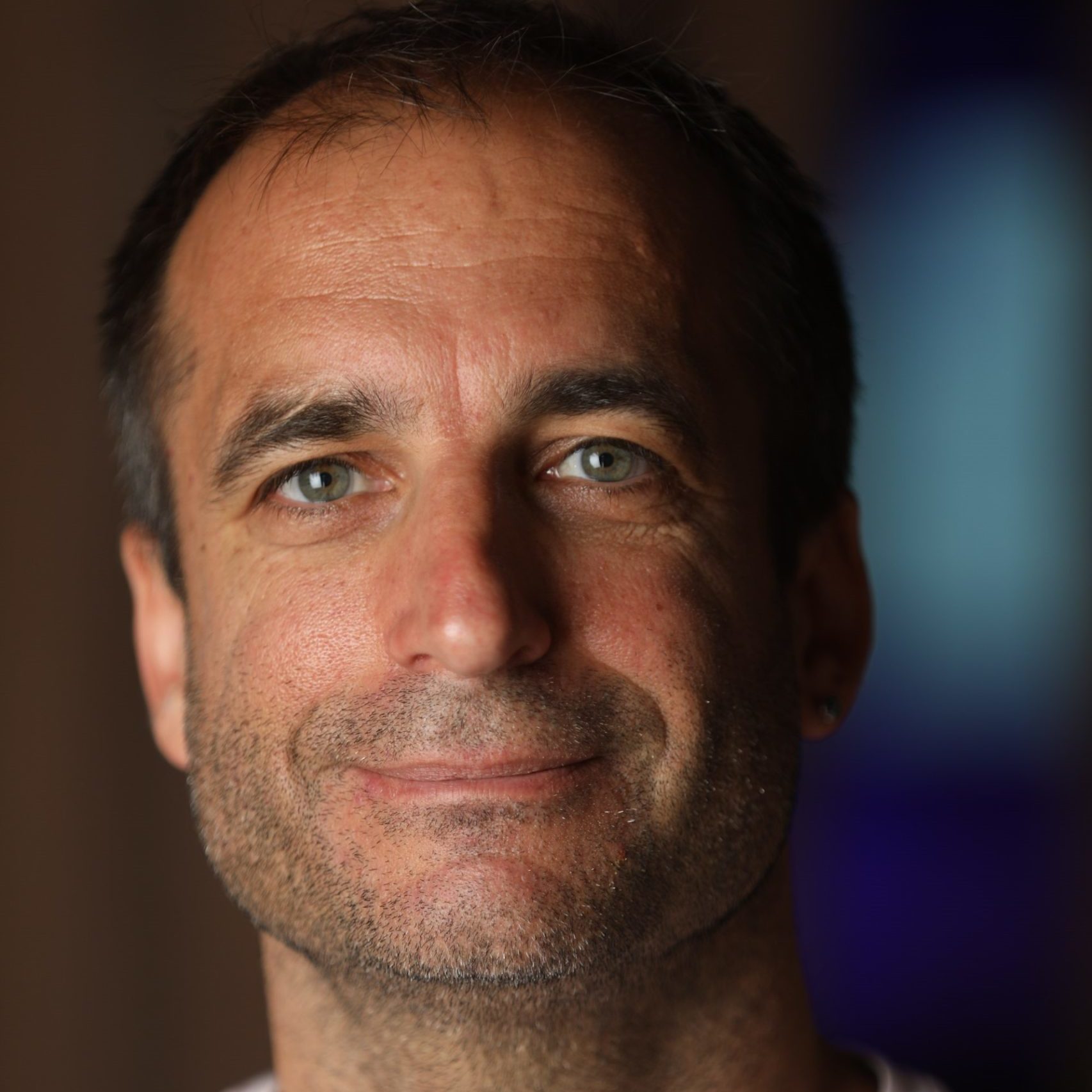
Quentin Ladetto
armasuisse
Quentin Ladetto is the creator and director of the armasuisse Science and Technology foresight program – https://deftech.ch. It inspires, informs and instructs the armed forces and its various stakeholders about the opportunities and threats brought about by the use of technology. Quentin holds a PhD in geomatics from the Ecole Polytechnique Fédérale de Lausanne (EPFL), an Executive MBA in Finance from HEC Lausanne and a degree in Technology Management from IMD. He is the co-founder of atelierdesfuturs.org and a founding member of the association Futurs.
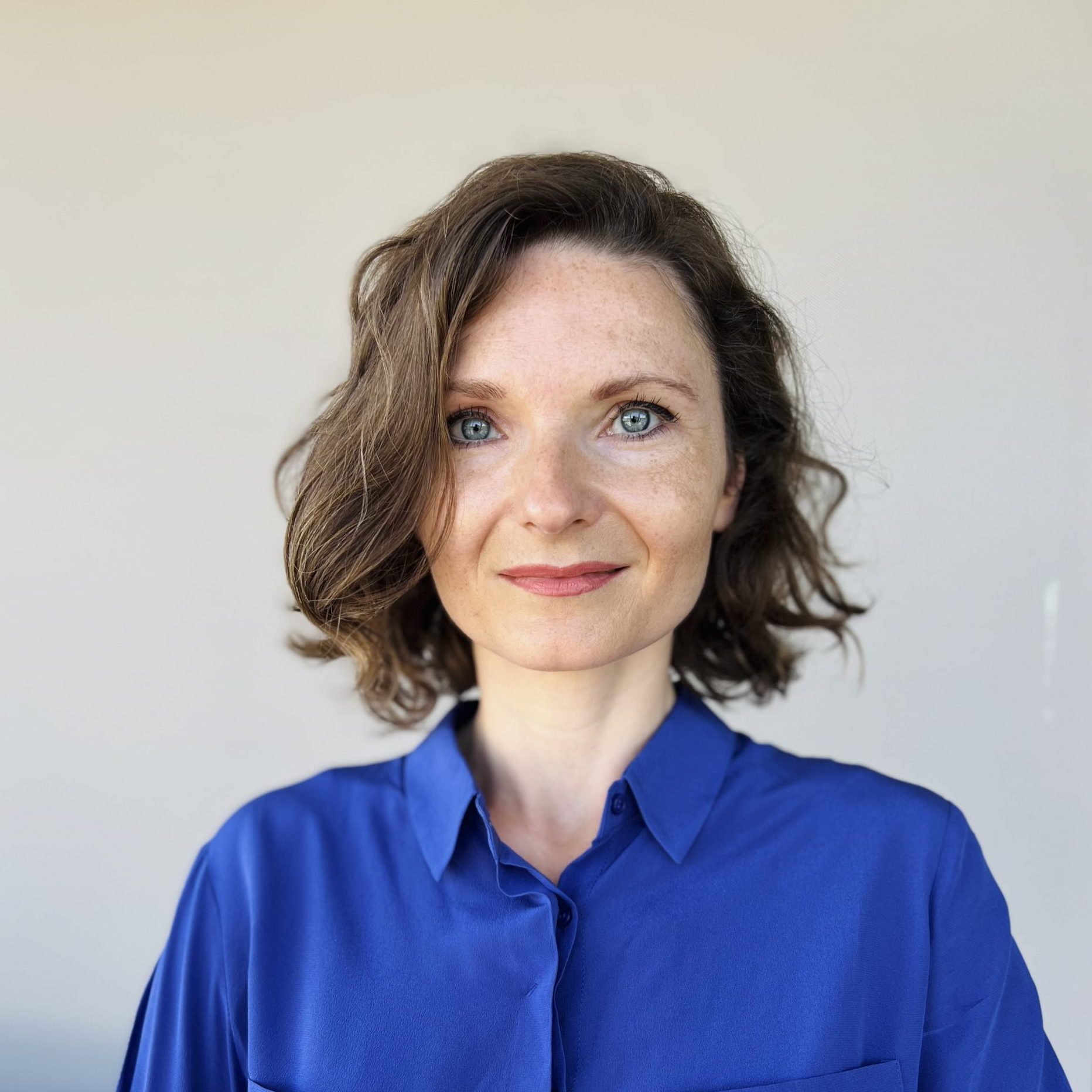
Ewa Lombard
Montpellier Business School
Ewa Lombard is an Assistant Professor of Sustainable Decision-Making at Montpellier Business School. With a background in cognitive neuroscience of emotions and memory, she is known for her expertise in neuroscience and psychology of financial decision-making. Ewa’s current research focuses on decisional processes that lead to sustainable outcomes, for both current and future generations. These encompass future thinking, strategic foresight, and intergenerational decision-making, as well as communication for pro-environmental actions, ethical decision-making in finance, the use of collective intelligence through play-and-work, and (organizational) purpose. She teaches Future Thinking and Neuroscience of Finance, loves to give conference talks and scenario workshops, and writes hard science-fiction in her spare time.

Anette Mikes
Oxford
Anette Mikes is an Associate Professor of Accounting at Oxford Saïd and a Governing Body Fellow at Hertford College. Anette is recognised as a Thought Leader by Harvard Business Publishing (2023) and holds an honorary Fellowship – as the 2023 MISUM Fellow – at the Stockholm School of Economics’ Mistra Center for Sustainable Markets. Anette was the 2017 laureate of the ACA Prize of the University of St-Gallen for her contributions to the field of risk management and financial governance. Between 2014-2019, she was a professor at HEC Lausanne, teaching risk management, management control and accounting for sustainability. Formerly at Harvard Business School, she launched (with professors Robert Kaplan and Dutch Leonard) the Harvard executive education programme ‘Risk Management for Corporate Leaders’. Her research documentary on a man-made disaster (‘The Kursk Submarine Rescue Mission’) won the Most Outstanding Short Film Award at the Global Risk Forum in Davos in August 2014. The latter project signifies her continuing interest in man-made disasters, and her current research project (‘Values at Risk: Management Accounting in the Age of Corporate Purpose’) focuses on the interface between risk management, business ethics and management control.
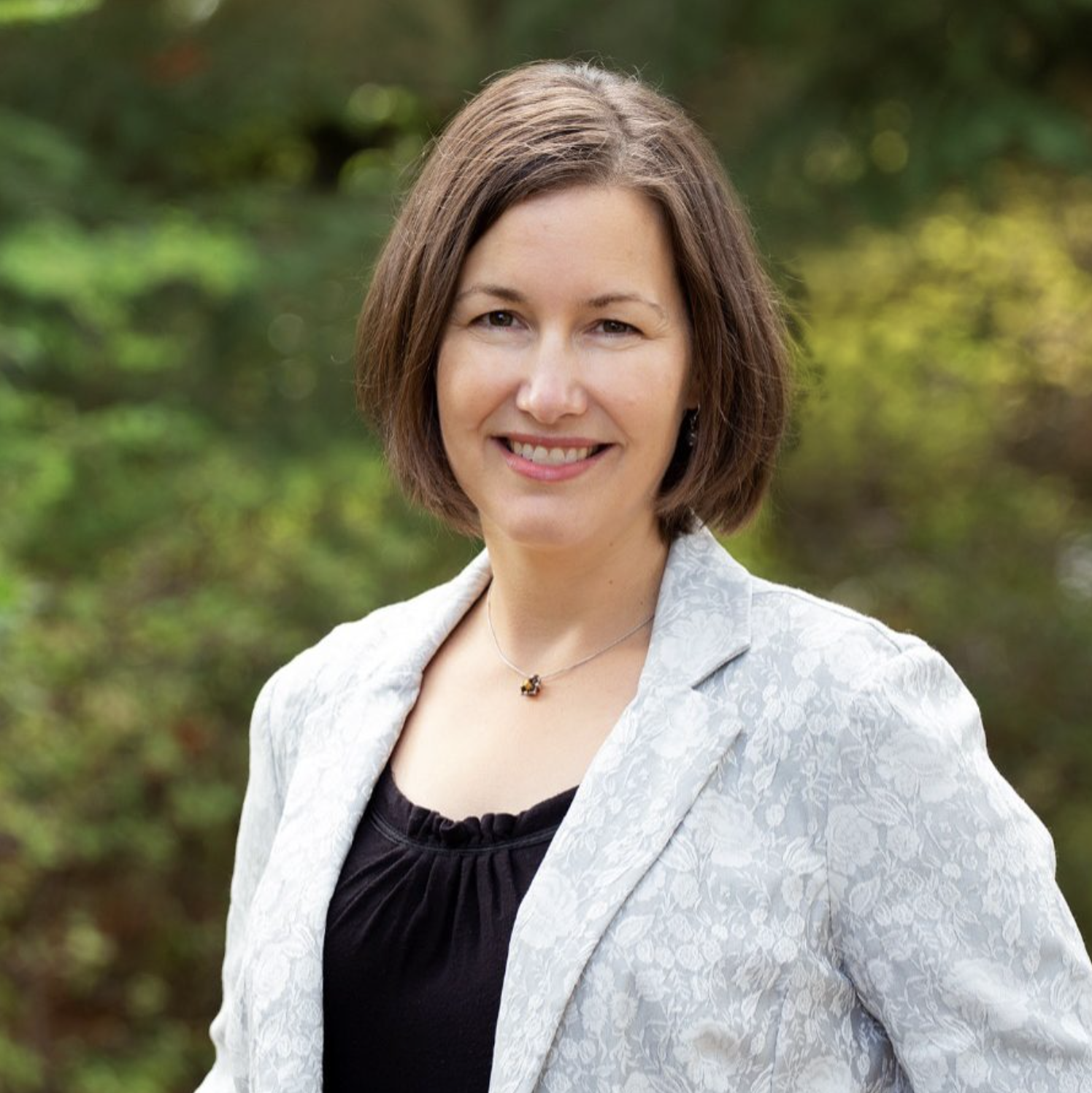
Natalie Slawinski
Gustavson School of Business
Natalie Slawinski is Professor of Sustainability & Strategy and Director of the Centre for Social and Sustainable Innovation at the Gustavson School of Business, University of Victoria. Her research focuses on understanding paradoxes of place and temporality in organizational sustainability and regeneration efforts. Her most recent research examines these themes in the context of social enterprise and community entrepreneurship and relies on an engaged scholarship approach, which has led to an edited volume of chapters co-created with social entrepreneurs and community leaders called Revitalizing PLACE Through Social Enterprise. Natalie serves as Adjunct Professor and Advisor to Memorial University’s Centre for Social Enterprise and is a Research Fellow at the Cambridge University Judge Business School’s Centre for Social Innovation. She is also a member of the editorial review board at Organization & Environment.
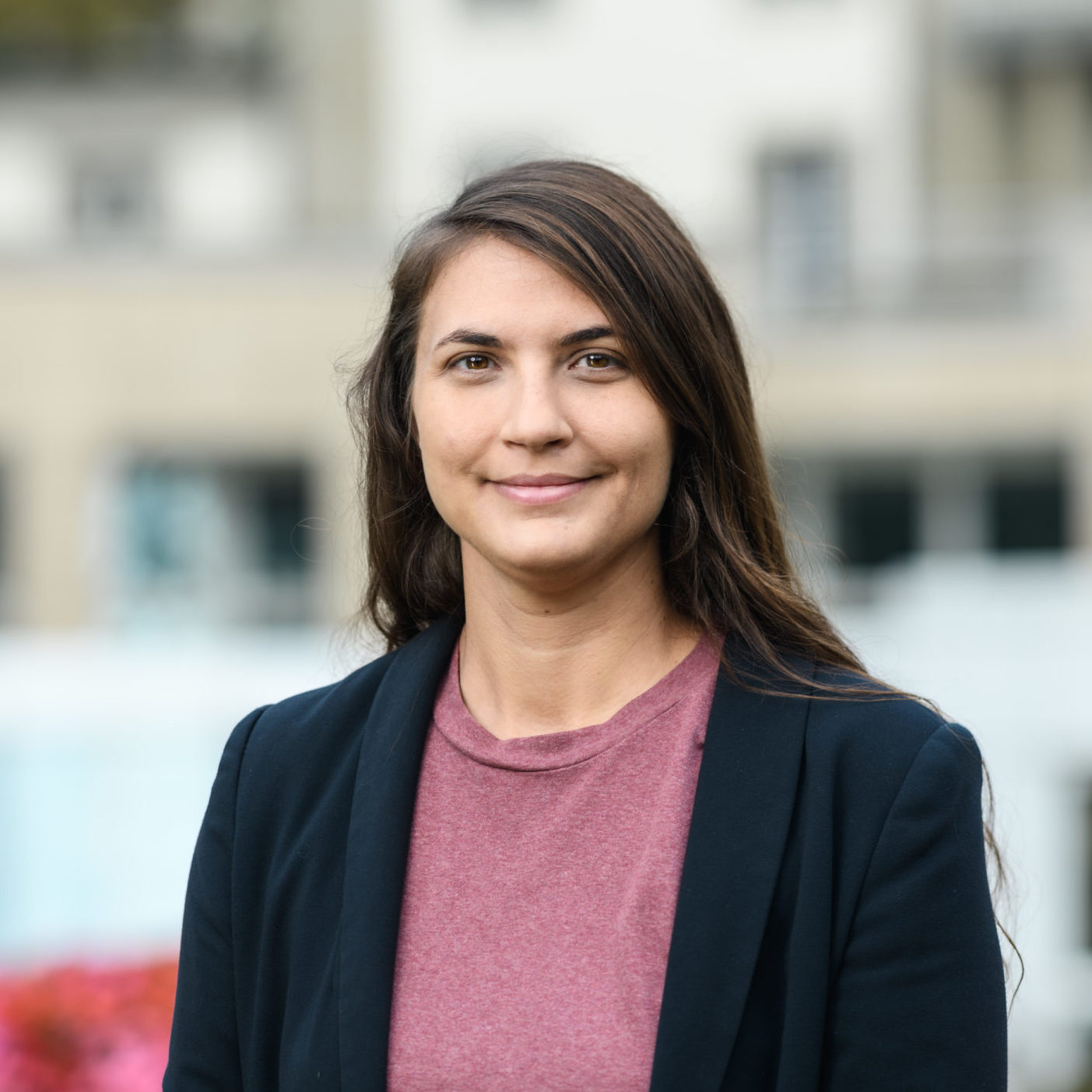
Amanda Williams
IMD Lausanne
Amanda Williams is a research fellow at IMD Business School. Her research lies at the intersection of sustainability and social-ecological systems. She studies how organizations understand global sustainability issues and develop corporate sustainability strategies that align with global targets. She approaches her work from a systems theory perspective and works with qualitative research methods. To co-create desirable futures, she works closely with practitioners and integrates insights from the natural sciences to consider management scholarship and practice in light of the safe and just operating space.
